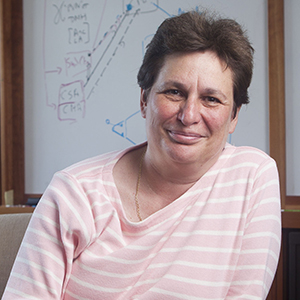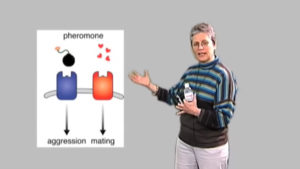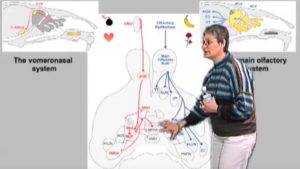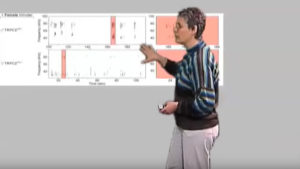Catherine Dulac is an Investigator with the Howard Hughes Medical Institute and Professor of Molecular and Cellular Biology at Harvard University. She received her Ph.D. degree from the University of Paris and worked as a postdoctoral fellow with Richard Axel at Columbia University.
Dr. Dulac identified the first candidate genes encoding mammalian pheromone receptors. Dr. Dulac is a fellow of the American Academy of Arts and Sciences.







